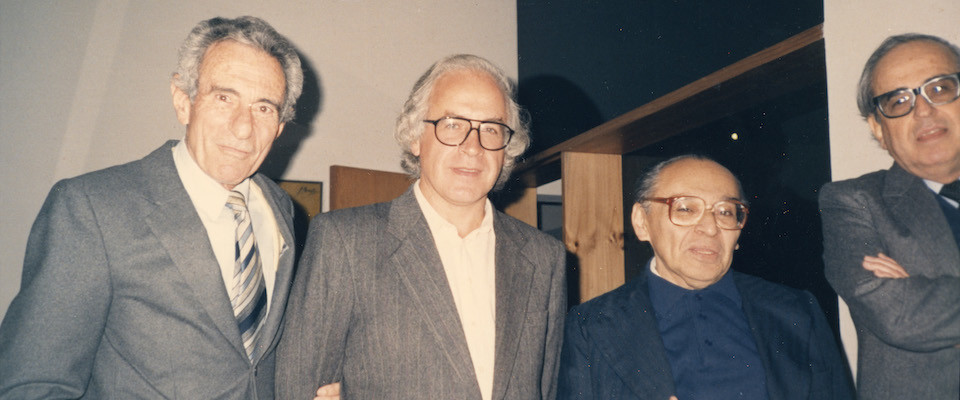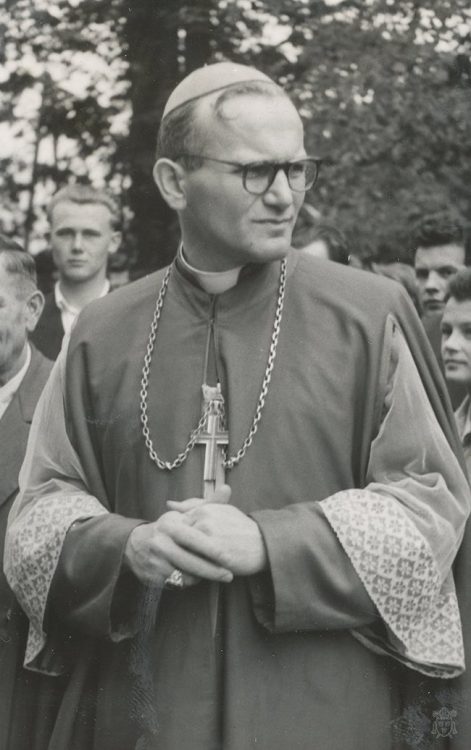The legacy of Joseph Ratzinger does not rest on the institution of “pope emeritus,” which he pioneered. The great legacy of the theology professor, the cardinal prefect of the Congregation for the Doctrine of the Faith, and Pope Benedict XVI is instead his theological work, which characteristically insists on the unity of faith and reason—a unity his interlocutor, the critical theorist Jürgen Habermas, acknowledged as the essence of Western culture. Ratzinger did not concede the problematization of Christianity by the modern sciences and ideological systems. To the extent that conflict existed, Christianity had not thereby been proven “unreasonable”; rather, it was a sign that the sciences needed to be cleansed of ideological influence, and the ideologies sifted for what was good and true. …






